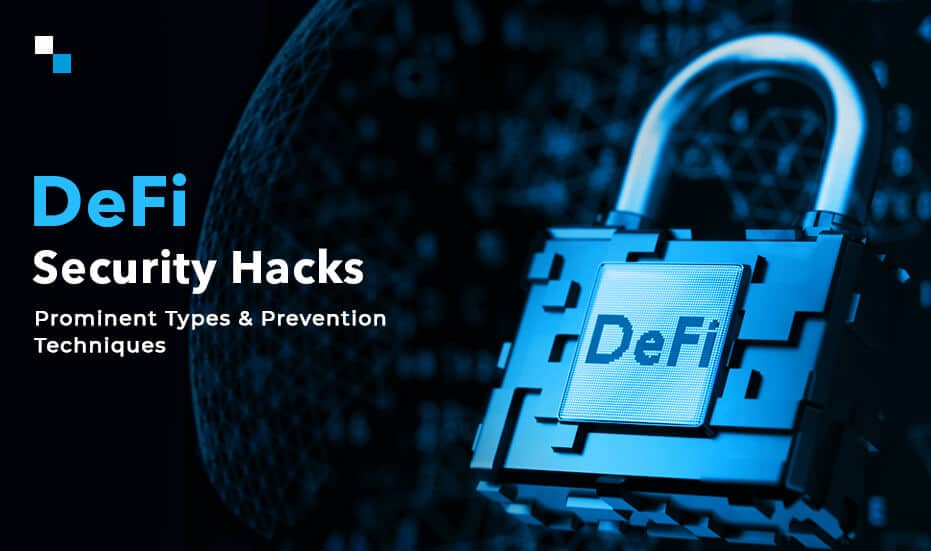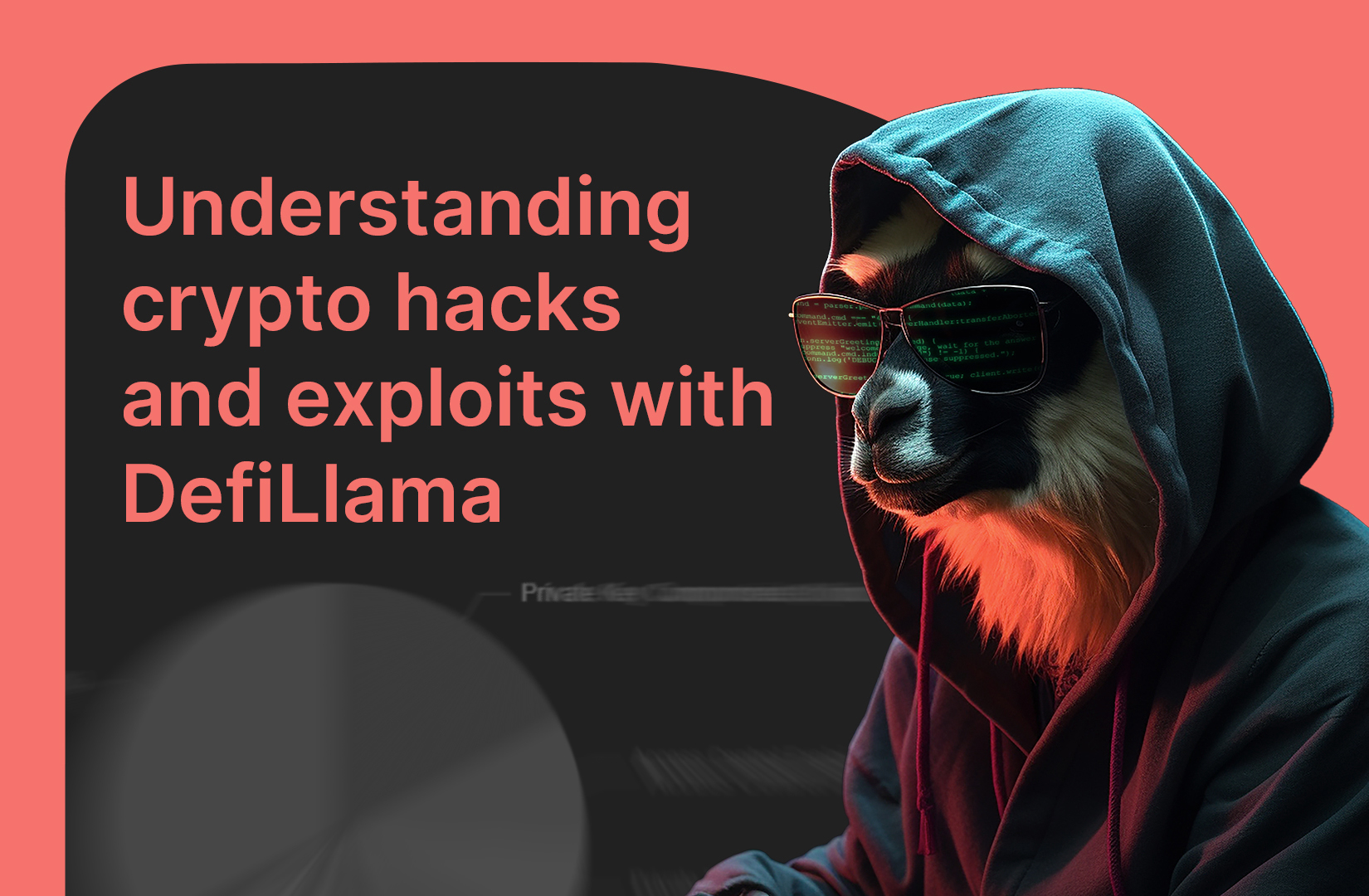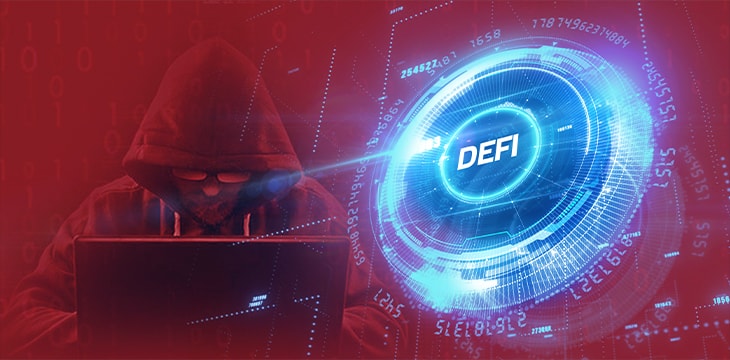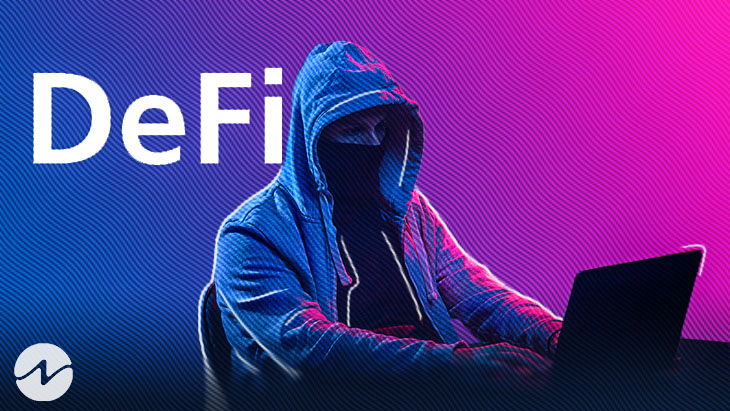Safeguarding Decentralized Finance:Examining Recent DeFi Platform Hacks and Security Vulnerabilities

Introduction
Decentralized Finance (DeFi) has emerged as a transformative force in the financial industry, offering innovative solutions for lending, borrowing, trading, and asset management without the need for traditional intermediaries. However, the rapid growth of the DeFi ecosystem has also attracted malicious actors seeking to exploit vulnerabilities in smart contracts and decentralized platforms. In this article, we will examine recent DeFi platform hacks and security vulnerabilities, highlighting the importance of robust security measures in safeguarding the integrity and trustworthiness of decentralized finance.
https://www.antiersolutions.com/defi-security-hacks-prominent-types-prevention-techniques/

Understanding DeFi Platform Hacks
DeFi platforms operate on blockchain networks, utilizing smart contracts to automate financial transactions and eliminate the need for centralized intermediaries. While DeFi offers numerous benefits, including transparency, accessibility, and composability, it also introduces unique security challenges. Smart contracts are immutable once deployed, meaning that any vulnerabilities or flaws in the code can be exploited by attackers to siphon funds or manipulate platform functionality.
Recent DeFi platform hacks have underscored the importance of thorough security audits, code reviews, and risk management practices in mitigating the risk of exploitation. Attack vectors range from simple coding errors and logic flaws to complex attack vectors such as flash loans and reentrancy attacks. Moreover, the interconnected nature of the DeFi ecosystem means that vulnerabilities in one protocol can have cascading effects on other platforms and users.https://www.dlnews.com/articles/llama-u/understanding-crypto-hacks-and-exploits-with-defillama/
Examining Recent DeFi Platform Hacks
In recent months, several high-profile DeFi platform hacks have made headlines, highlighting the ongoing security challenges facing the ecosystem. One notable example is the exploit of the Poly Network, a cross-chain interoperability protocol, in August 2021. The attacker exploited a vulnerability in the protocol's smart contracts to steal over $600 million worth of cryptocurrency assets, marking one of the largest DeFi hacks in history.
Another example is the hack of the Badger DAO, a decentralized autonomous organization (DAO) focused on Bitcoin-backed DeFi products, in December 2021. The attacker exploited a vulnerability in the protocol's smart contracts to steal approximately $120 million worth of cryptocurrency assets, highlighting the importance of robust security measures in protecting user funds and maintaining trust in decentralized platforms.https://www.immunebytes.com/blog/top-10-defi-security-best-practices-that-will-change-your-life/

The Implications of DeFi Platform Hacks
DeFi platform hacks have far-reaching implications for the broader cryptocurrency ecosystem, affecting investor confidence, regulatory scrutiny, and the adoption of decentralized finance. High-profile security breaches can erode trust in DeFi platforms and deter new users and investors from participating in the ecosystem. Moreover, regulatory authorities may intensify their oversight of DeFi protocols in response to security concerns, potentially stifling innovation and growth in the sector.
However, DeFi platform hacks also present opportunities for learning and improvement, driving innovation in security practices and risk management strategies. Platforms and developers can leverage insights from past security incidents to enhance the robustness and resilience of their protocols, implementing measures such as bug bounty programs, formal verification techniques, and decentralized governance mechanisms to strengthen security and mitigate the risk of exploitation.https://thenewscrypto.com/rise-of-decentralized-finance-defi-and-its-impact-on-traditional-finance/
The Importance of Security Measures in Decentralized Finance
In light of the ongoing security challenges facing the DeFi ecosystem, it is imperative for platform operators, developers, and users to prioritize security measures and adopt best practices for risk management. Security audits should be conducted by reputable third-party firms to identify and address vulnerabilities in smart contracts and platform infrastructure. Code reviews and testing should be performed rigorously to ensure the reliability and integrity of smart contract code.
Additionally, platforms should implement robust access controls, authentication mechanisms, and monitoring systems to detect and respond to security threats in real-time. User education and awareness programs can help mitigate the risk of social engineering attacks and phishing scams targeting DeFi users. Furthermore, collaboration and information sharing among industry stakeholders can facilitate the rapid detection and mitigation of emerging security threats, fostering a more secure and resilient DeFi ecosystem.https://blog.streamflow.finance/security-defi/
Conclusion
Decentralized Finance (DeFi) has the potential to revolutionize the financial industry by democratizing access to financial services and eliminating reliance on centralized intermediaries. However, the rapid growth of the DeFi ecosystem has also exposed vulnerabilities and security risks that must be addressed to ensure the long-term viability and trustworthiness of decentralized finance. By examining recent DeFi platform hacks and security vulnerabilities, we can better understand the challenges facing the ecosystem and work together to implement robust security measures that safeguard user funds and promote the continued growth and adoption of decentralized finance.





![[ℕ𝕖𝕧𝕖𝕣] 𝕊𝕖𝕝𝕝 𝕐𝕠𝕦𝕣 𝔹𝕖𝕒𝕟𝕚𝕖 𝔹𝕒𝕓𝕚𝕖𝕤 - Have Fun Staying Poor](https://cdn.bulbapp.io/frontend/images/17e87f53-0225-4de1-995f-9f66198cb037/1)




























